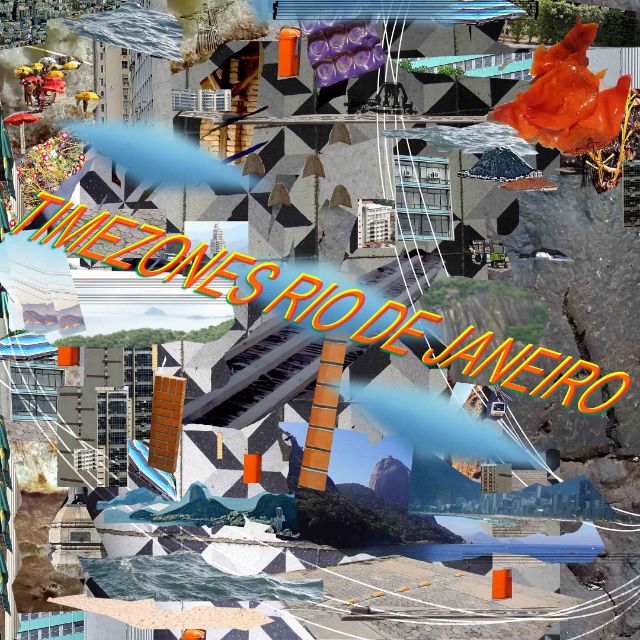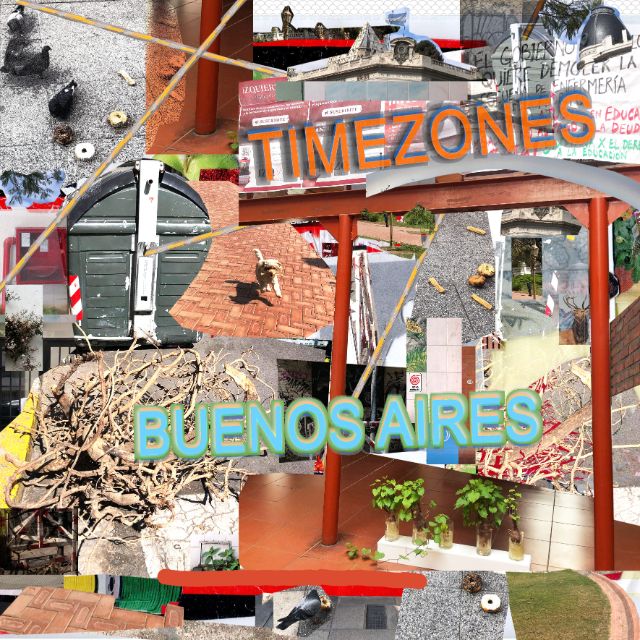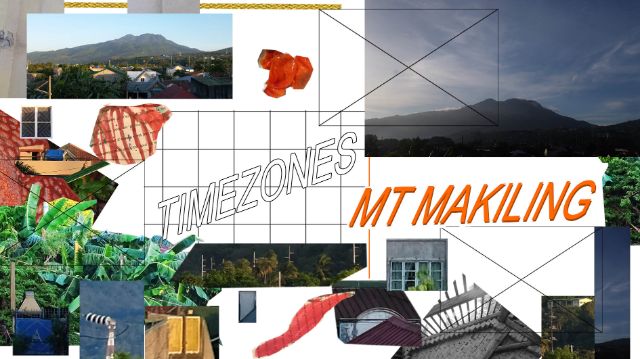Radiotag 2021
Ausgabe 2021
Auch in diesem Jahr ist Radio X ein Teil vom Tag der Berufsbildung. Dieser wird auch Radiotag genannt, denn 28 Radiostationen der Schweiz sind dabei und widmen sich einen Tag lang diesem Thema. In diesem Jahr schauen wir uns die Lehrstellensituation in Zeiten von Corona, und den Berufswahlprozess, genauer an.

OnAir
Mittwoch 5. Mai 2021
08:00 Grusswort der Bildungsdirektoren beider Basel: Conradin Cramer und Monica Gschwind
08:30 Wie sieht die Lehrstellensituation in den beiden Basel aus?
10:00 Portrait über den Lehrling des Jahres 2020: Alessio Schnell
10:30 Wie gingen die Lehrbetriebe in der Gastro Branche mit der Pandemie um?
11:00 Interview mit der Fleischfachfrau Annina Jenzer
12:00 Bundespräsident Guy Parmelin zur aktuellen Lehrstellensituation
13:00 Wie geht es den Jugendlichen während der Berufswahl?
13:30 Wie können Eltern ihre Kinder während der Berufswahl optimal unterstützen?
14:00 Schnupperlehre während einer Pandemie
15:00 Handwerker in der Pandemie: Leonhardt Spenglerei AG ermöglicht Einblicke
16:00 Next Generation 2021: Virtuelle Übungskonzerte
16:30 Regierungsrat Conradin Cramer (BS) und Regierungsrätin Monica Gschwind (BL) über die Berufsbildung in der Region Basel
18:00 – 19:00 The Y xperienZ: Die Jugendsendung nimmt drei spannende Berufe unter die Lupe: Gamedesigner:in, Stuntperformer:in, Foley Artist
Kontakt
redaktion@radiox.ch
061 500 24 00
Auch 27 weitere Radiostationen sind Teil des Radiotags 2021.
In Zusammenarbeit mit den Kantonen BL und BS und mit der Unterstützung von Berufsbildungplus.ch


TIMEZONES: Staying Creative Between Beauty and Chaos in Rio de Janeiro
Episode 5 der TIMEZONES Podcast-Reihe auf Radio X, co-produziert von Norient und dem Goethe Institut: In dieser Folge wird untersucht, wie Rio de Janeiro seine Musik im Laufe der Jahrhunderte geformt und seine Zukunft durch den Blickwinkel der Künstler:innen, Kreativschaffenden und Gelehrten gestaltet. von Danielle Bürgin
23.06.21 Rio de Janeiro
Staying Creative Between Beauty and Chaos
Hinter den Postkartenlandschaften und den klischeehaften Bildern von Karneval, Stränden und schönen Frauen verbirgt sich eine rätselhafte und teilweise kaputte Stadt. Rios musikalische und kreative Identität, wie Samba und Karneval, scheint sich ständig zu wandeln und mit traditionellen Formen zu flirten. Doch gleichzeitig steckt eine Geschichte von Kämpfen dahinter, die mit afro-brasilianischen musikalischen und religiösen Ausdrucksformen verbunden ist.
In einem herausfordernden Moment der Krise - bedingt durch die Pandemie und durch die politische Situation - verbinden Künstler:innen in Rio diese Identitäten. Ziel ist es, am Leben zu bleiben - gesund und vor allem kreativ zu bleiben.
Hör die weitere Folgen von TIMEZONES auf Radio X an.
English:
This episode of the TIMEZONES-Podcast-Series explores how Rio has shaped its music over the centuries and invented its future through the vision of artists, creators, and scholars. Behind the picture-postcard landscapes and the stereotypical images of carnival, beaches, and beautiful women lies an enigmatic and broken city: Rio de Janeiro.
Rio’s musical and creative identity, such as samba and carnival, seems to be ever transforming and flirting with traditional forms, yet at the same time, those forms have a history of struggle, intimately connected to Afro-Brazilian musical and religious expressions. In a challenging historical moment of crisis, a pandemic and political ruthlessness, artists in Rio are integrating those identities with the most immediate needs and perceptions of reality. The goal is to stay alive, sane and, most of all, creative.
QUOTES
«This is a Paradise and hell city. It’s beauty and chaos, at the same time. It’s true! Natural beauties, beaches, rivers, mountains and, also, a very huge social clash.» Domingos (Opavivará)
«Samba was persecuted, it was a source of embarrassment for a lot of rich, wealthy, Eurocentric Brazilians, but in many ways, it won out. So a lot of the urban spaces that were designed to keep out Black Brazilians and poor Brazilians became the spaces that are now used for street ‹blocos› (carnival blocks) that are now central to grassroots samba during carnival.» Bruno Carvalho
«Fashion was not something that included us Black people in the scene.» Thaís Delgado
«It’s unbelievable that we have such a fascist dictator in power because that’s what he is. It’s a big lie! They are conservatives, they are racists, they are homophobes, they use the religion to manipulate poor people. They want to destroy everything, they want to sell the whole country, they don’t give a damn to the nature, they don’t give a damn to the indigenous people from Brazil.» Sabrina Fidalgo
«Rio is definitely a spiritual place. Being at the beach, being at the mountains, being around the nature is a very spiritual experience.» Ynaiê (Opavivará)
CREDITS
A podcast by Vivian Caccuri (director, idea, interviews)
Music: Vivian Caccuri, Thiago Lanis
Co-initiated and co-produced by Norient and the Goethe-Institut
Featuring: Thiago Lanis, Domingos Guimaraens and Ynaiê Dawson (Opavivará), Cabelo Cobral Coral, Thaís Delgado, Bruno Carvalho, Sabrina Fidalgo
Bonus Talk: Daniel Limaverde
Go to the TIMEZONES-Podcasts on norient.com




.png/jcr:content/magnolia-medium.png)

